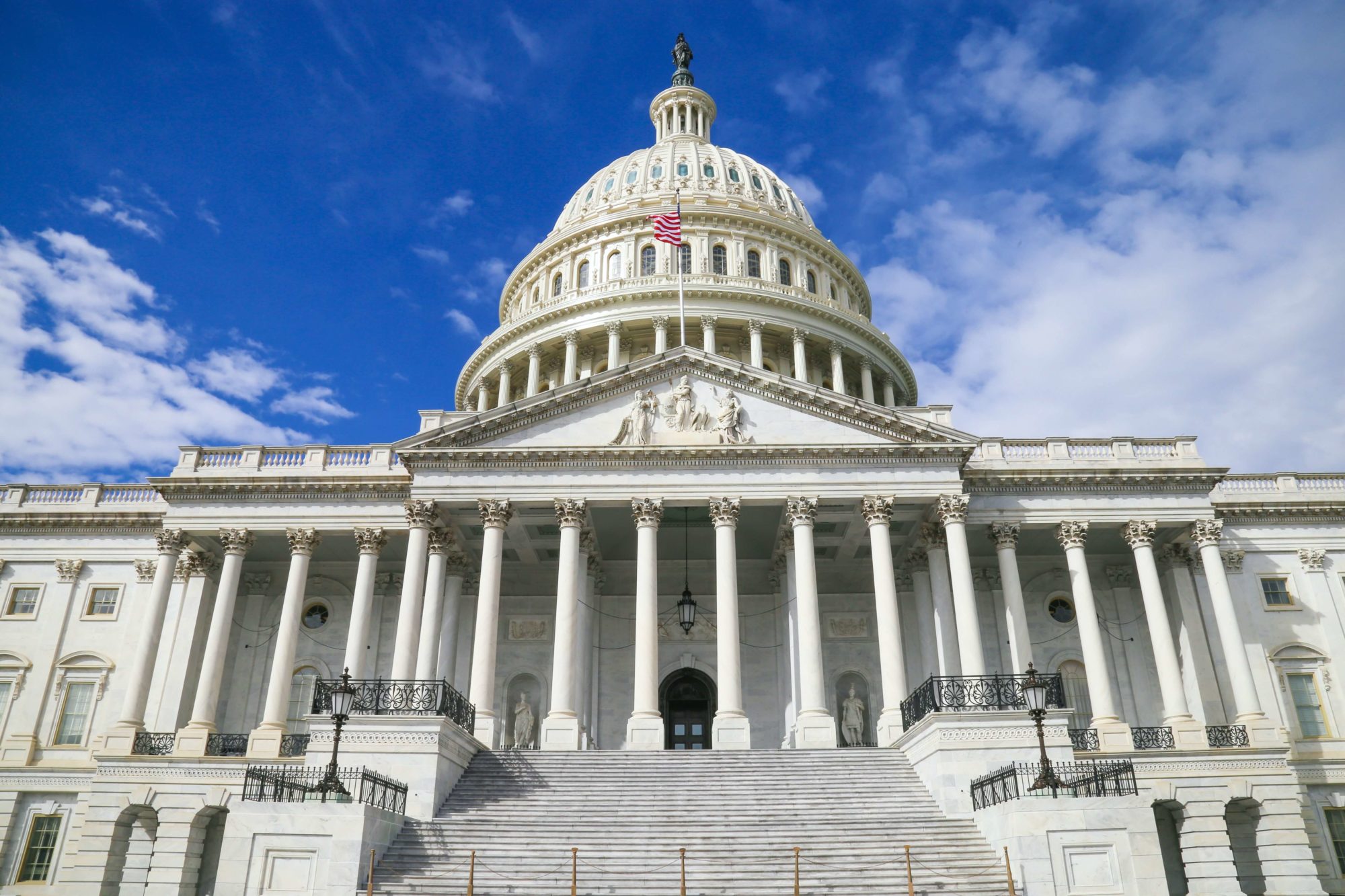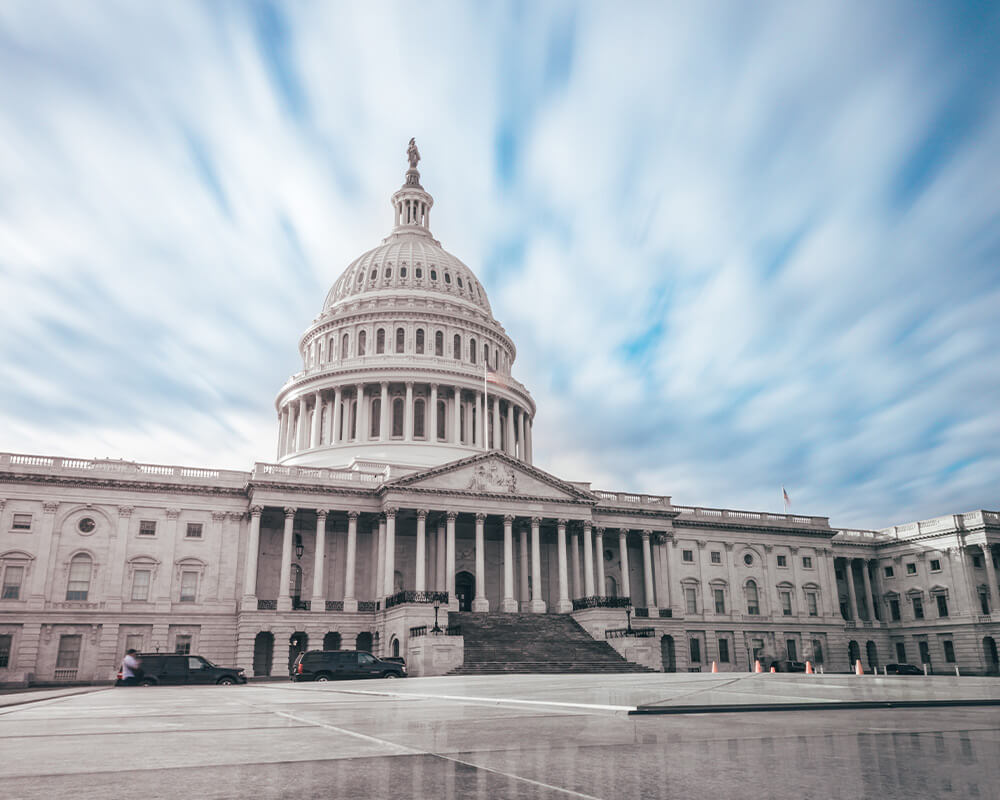Want to see more information for 2024? Head to the Humanities on the Hill event website.
With less than 60 days remaining before Humanities on the Hill, now is the time to be preparing for your virtual Hill visits. Read on to learn how to prepare, how to prep your advocacy team, and what to do if you don’t know an answer to your legislator’s questions (hint: don’t panic). Haven’t scheduled your virtual Hill visit yet? We’ve got you covered with these tips on how to effectively schedule your meeting and set the tone even before your visit.
How To Prepare For Your Virtual Hill Visits
Make your case. Gather and prepare to share the information you indicated you would be covering in your invitation and communications with the office. The Federation is currently preparing its position paper for the current/future fiscal year and talking points regarding our community’s “ask” for both NEH funding and the amount for humanities councils. Look for the position paper, talking points, and other advocacy materials in coming weeks.
Share a story. As you know, the strongest cases for an increase in federal funding are the local stories you tell about how your council impacts the legislators’ constituents. This year, councils’ emergency responses and community support will add to the story of the invaluable local support you provide, but also emphasize on-going needs. Remember to thank your legislators for past funding and the opportunity to support our country.
Questions to keep in mind: What makes your council essential to your community before, during, and after COVID-19? In what new and unexpected ways are you serving the community?
Keep your message nonpartisan. Stick to facts, figures, and testimonials from people who have benefited from your council’s programs and grants. Illustrate when you can. Maps are always good. Photos and indications of community support can be helpful.
Do your research. Get to know who you will be meeting with to learn more about your elected officials and members of Congress (their interests, committees, and current priorities) through their official websites (www.house.gov or www.senate.gov), social media, and online news coverage.
Confirm details. Follow up with the legislator’s office and any participating colleagues. You can share images online and in your council’s next newsletter. If you are hosting a virtual visit, have contingency plans in place in case of internet connection disruptions or other technical difficulties.
Have a plan for promotion. Take photos and capture images (such as screenshots) during the virtual event, then share them with us by tagging @HumFed across all social media channels and using the tag #HumHill24 to connect with other Humanities on the Hill attendees. You can also include those photos in a later newsletter or in a thank you to your legislators.
Assign a notetaker. Assign someone to take notes during your meeting to ensure effective follow up.
Preparing Your Advocacy Team
Who can and will participate? Invite board members, council staff, and program participants who have been inspired by your council to participate. The best-case scenario is if any or all of these people are voters in the legislator’s district. Legislators tend to prioritize meetings that include constituents who reside in their districts.
Plan roles. What role will each person have during your meeting? Make sure everyone participating has a chance to introduce themselves during the meeting.
Keep your team informed. Let everyone participating in the virtual meeting know what to expect, especially which legislators or staffers will be present and which topics will be covered.
Reminders
Don’t panic if you don’t know the answer to a question. No matter how much you plan, there is still a chance that you might be asked a question you don’t know the answer to off the top of your head. In cases like these, there is nothing wrong with saying, “Let me get back to you on that.” This gives you the opportunity to either research the information to answer the question and/or provide time to craft an appropriate response.
At the end of the meeting, be sure to thank your legislator/staff for their time. Review your talking points and reiterate the items that you plan to follow up on after your meeting.
Share news about your meetings. After your meeting, please tell us how it went using the 2024 Congressional Contact Report, and join us for our debriefing, which will be held virtually after Humanities on the Hill.
Questions? Let us know by emailing us at events@statehumanities.org.
Still need to register? Please visit our event site to learn more about Humanities on the Hill




